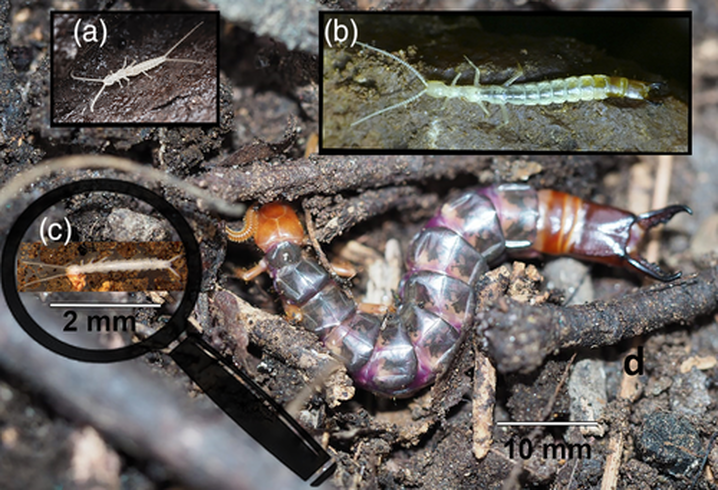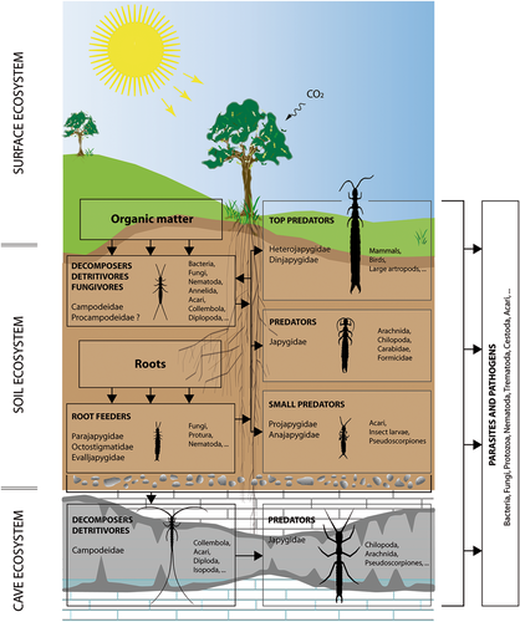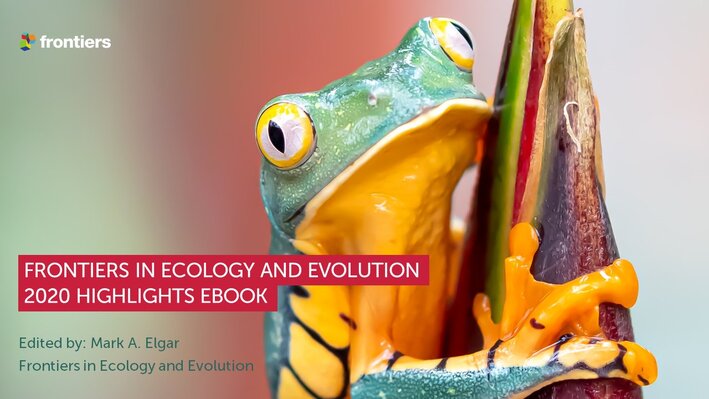On March 31 (Wednesday), 8:30pm (WET) join us for the webinar ‘Bats: biology, ecology and diversity of the iconic inhabitants of caves’, by Dr. Maria João Pereira, Assistant Professor at the Zoology Department, Federal University of Rio Grande do Sul, Brazil.
Bats are the iconic inhabitants of caves and karst! They are the only true flying mammals, and flight has enabled them to occupy almost every terrestrial environment on Earth. During this talk we will discuss several aspects of the extraordinary bat diversity and biology, their socio-economic importance and the services they provide for ecosystems and ultimately to us, humans. We will also discuss their incredible resistance to aging and disease, making them excellent models for research on human health. Unfortunately, a significant percentage of the over 1400 extant bat species is threatened by human actions. Our travel across the bat world will focus mostly on the neotropical region, where we find the most ecologically diverse bat assemblages.
“The Cave Show” is a series of (online) seminars about why are caves important, why it is important to study and protect caves, but also about our passion for caves, which drive much of our research activities. It is included in the celebrations of the International Year of Caves and Karst. Stay tuned to know about the next Cave Show seminars!
The webinar will takes place on YouTube, HERE: https://youtu.be/YUIUAss_x3Q



 RSS Feed
RSS Feed
